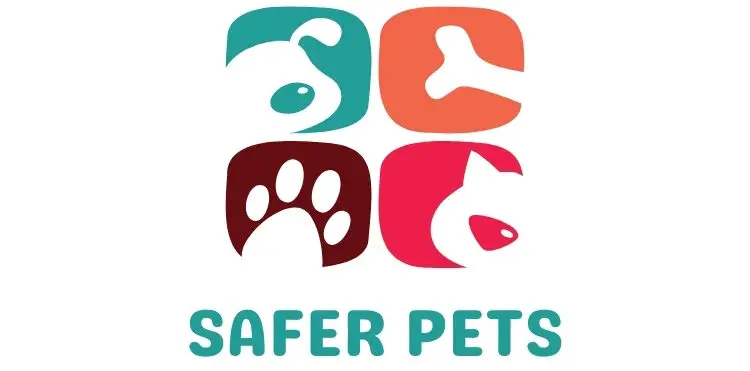With their beautiful plumage, enchanting song and cheeky personalities, birds can make wonderful pets. However, to keep them happy and healthy, it is important that a pet owner understands their behaviour and their needs – and makes sure that the right things in terms of housing, diet, toys, training and socialisation are provided.
If you are thinking of getting a pet bird, here are a few things to consider:
What Kind of Commitment Can I Give?
While a bird may not be as demanding as a dog (depending on the species! Some parrots may be even more of a challenge than a canine friend), they still require time, maintenance and social interaction on a daily basis. If you have limited free time, then finches or canaries (kept in pairs) or other independent species would be better than a parrot species, which would need socialisation and company to thrive. In addition, some of the larger parrot species can live to 50 years or more so you have to commit to caring for the bird over its entire lifespan.
What About Cost?
Many new owners spend all they afford on a new pet bird and then are horrified when faced with the costs of the cage and other equipment, as well as ongoing costs of food, toys and veterinary care. Especially with the larger parrots and exotic species, pet ownership can get very expensive. However, it is not worth scrimping in the essential areas, such as cage and diet, as the problems caused will prove more costly in the long run.
How Much Noise Will it Make?
The intensive nature of modern living means that noise pollution is taken very seriously and any pet which causes a lot of disturbance may create serious trouble for its owner. Many of the parrot species are extremely noisy and it is impossible to prevent natural behaviours such as screeching. In addition, think about yourself and how you can cope with the level of noise on a daily basis.
What About The Housing Arrangements?
Do you have enough space in your home? The cage should always be as large as possible. The bird needs to be able to spread both wings out, up and turn around without touching the sides of the cage. For larger birds, such as parrots, height is probably more important than width as they like climbing exercise, although the cage does still need to be wide enough to allow stretching and playing. For smaller birds, the length of the cage is more important as they get their exercise from flying within the cage, which is generally a sideways movement.
Make sure that you provide a variety of perches of different diameters to prevent foot problems and ideally some natural branches as well. Check that the door has a bird-proof latch and that all the welds are smooth. Check also that the bar spacing is appropriate for the size of your pet bird – if your bird gets its head, wings, feet or beak wedged between them and panics, it can be fatal.
What do I Feed it?
Birds need a varied diet to thrive. Thus, the dry seed sold in pet stores should only form the basis of your bird’s diet – you need to supplement with fresh green seeds, flowers, fruit, vegetables, etc. Many birds also require a calcium supplement (in cuttlebones or calcium bells) and a mineral and vitamin supplement added to the water can also be beneficial. Make sure that the dry seed mix you buy is appropriate for your particular bird – they have been developed with the specific dietary needs of different species in mind and should not be carelessly fed (eg. giving a Cockatoo mix to a Cockatiel).
Is it Going to be Really Messy and Destructive?
All birds can be messy, although the extent varies with the species. Even with a large cage, food will often be scattered and spilled around the area. Some birds (such as cockatiels and doves) produce lots of feather dust – something to keep in mind if any family member is prone to allergies. Many of the parrot species are also very destructive, delighting in using their beaks to chew and tear things apart, so you will have to supervise and bird-proof your home for any times when your pet is outside its cage.
Will it Have The Right Personality?
What do you want from a pet bird? If you want a pet bird that will learn to be “cuddly” with its owners, then birds that do not like being handled much (eg. finches and canaries) would not be a suitable pet whereas something like a cockatoo might be better. However, a sociable bird also means that you will need to commit to more daily interaction, as they can become very demanding and exhibit neurotic behaviour if neglected. If you are keen to teach tricks and want your pet to mimic speech, then a parrot-species would be ideal, although remember that the ability to talk varies between individuals, even within a species known for its talking ability.
